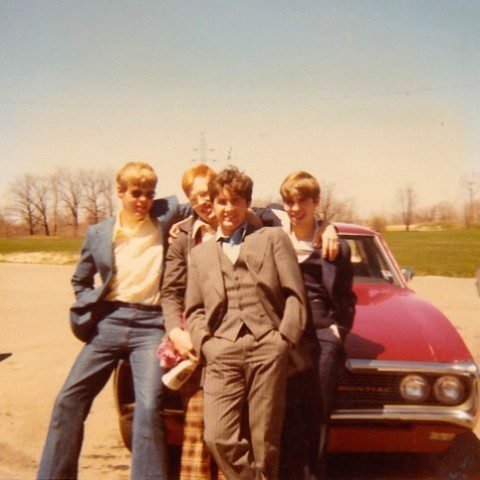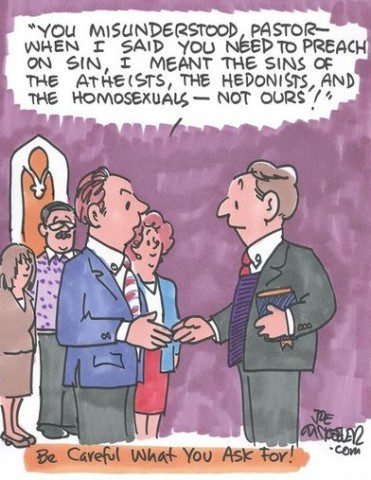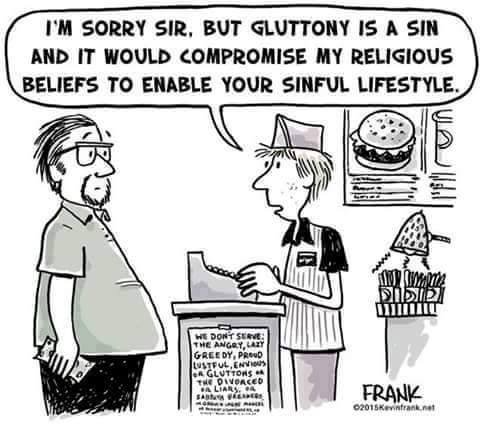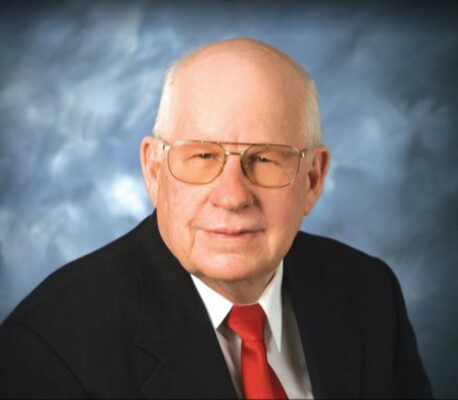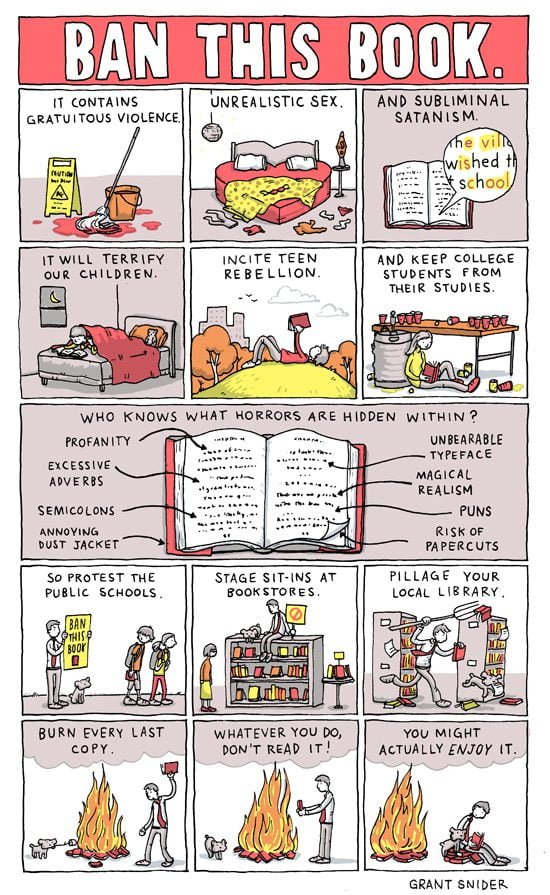
In July 1983, I started a new Independent Fundamentalist Baptist (IFB) church in Somerset, Ohio. I would remain the pastor of Somerset Baptist Church until March 1994. Somerset was a community of 1,400 people located in Perry County — the northernmost county in the Appalachian region. It was here that I learned what it meant to be a pastor; to truly involve yourself in the lives of others.
The membership of Somerset Baptist was primarily made up of poor working-class people. Most church families received some form of government assistance — mostly food stamps and Medicaid. In many ways, these were my kind of people. Having grown up poor myself, I knew a good bit about their struggles. I deeply loved them, and they, in return, bestowed their love on me.
Perry County was coal-mining country. Several large underground mines were in operation during my eleven years at Somerset Baptist. Also scattered across the county were open-pit (strip) mines. These mines, in particular, caused great ecological harm to the beautiful rolling hills of Perry County. Companies were required to “reclaim” land used for mining, but their reclamation efforts often left denuded landscapes and polluted streams and lakes. This land was practically worthless except for recreational use. A southern man by the name of Sidney Hurdle — a lawyer by trade — found a way to monetize this land by selling it on land contract to poor people looking to own a place of their own. Sectioned off in five-, ten-, and twenty-acre lots, Hurdle sold former strip ground land (and non-strip ground land) for $395 down and low payments over the next twenty to thirty years. Sidney Hurdle died a few years back. His son, I believe, continues to sell land as his father did before him:
For nearly half a century Hurdle Land & Realty has conducted business with the philosophy that owning your own property is an essential part of the American Dream. That is why three generations of Hurdles have enabled thousands of people just like you to purchase land hassle free.
….
We do things a bit differently than a traditional lender. We promise to finance you, if you promise to pay us. We believe in a hand shake. We take a man for his word. We feel too many people have lost this type of service. If one of us ends up not living up to our agreement, then there are practices in place to resolve that. But in the beginning, we trust our customer. Besides, this saves you money overall, eliminates the complicated process of securing a mortgage from a bank and it all works with just a small amount of cash up front.
When purchasing real estate there are costs involved that are above the cost of the property itself. You have probably heard terms regarding these fees like document prep, attorney cost, title service, deed stamps, survey, application fees, points, commissions and the list goes on. However, when you buy from us, we cover all associated fees with the transaction for you. We will NEVER ask you to pay for any of these fees before or after the sale!
Here is how it works: You pay a total down payment of $295. We currently have a set fixed interest rate of 7.9%. We are flexible with the term of the loan. We will finance to you for as short as 12 months or extend it as long as 360 months–whatever fits your budget! Our office will prepare all the necessary closing documents for you to sign . . .
The website for Hurdle’s Ohio land for sale can be accessed here.
Some people took issue with Hurdle selling reclaimed land to poor people, profiting from their poverty. While I once thought that too, I came to see that Hurdle enabled the working poor to own that which they would never be able to own otherwise. Several congregants owned Hurdle Land, as it was commonly called. One family owned a twenty-acre parcel. Most of the families purchasing Hurdle Land couldn’t afford to build a home, so they bought mobile homes instead. On several lots sat school buses that were converted to year-round homes.
The church family with the twenty-acre plot bought a dilapidated trailer and had it towed up to the top of their hill. Drinking water was provided by a spring at the bottom of the hill. Sewage was handled by what was called a Perry County Septic Tank. There was no zoning, and locals routinely ignored licensing and permitting requirements. Perry County had septic tank regulations, but many of the people buying Hurdle Land couldn’t afford to have a commercial septic system — complete with tank and leach bed — installed, so they installed a makeshift septic tank instead. A Perry County Septic Tank consisted of running plastic pipe from the mobile home to a fifty-five-gallon oil drum buried downhill in the ground. The drum had two holes, one where the sewage entered and the other where the liquids (gray water) exited and ran down the hill. Yes, down the hill where the spring was! (There was no leach bed.) On more than one occasion I expressed my concern that sewage runoff might contaminate the spring. I was told, Oh, preacher, don’t worry, we will be fine. Over time, the oil drum would fill up with solids. This, of course, posed quite a problem. The tank either had to be emptied, or raw sewage would run down the hill. Far too often, the drum overflowed, and down the hill went raw sewage. In time, the tank would get emptied by bailing out the drum with a rope attached to a five-gallon bucket. The sewage would be dumped on the back side of the property — out of sight out of mind.
The eleven years I spent in Perry County taught me a lot about the struggles of the poor, the working class; of their desires to have and own just like their more affluent brethren. The family in this story could proudly say they owned twenty acres of land and a mobile home; an achievement, to be sure. Their children learned from these hardships, went to college, and built their middle-class lives upon the memories of Hurdle Land, a ramshackle mobile home, and a Perry County Septic Tank.
Bruce Gerencser, 66, lives in rural Northwest Ohio with his wife of 45 years. He and his wife have six grown children and thirteen grandchildren. Bruce pastored Evangelical churches for twenty-five years in Ohio, Texas, and Michigan. Bruce left the ministry in 2005, and in 2008 he left Christianity. Bruce is now a humanist and an atheist.
Connect with me on social media:
Your comments are welcome and appreciated. All first-time comments are moderated. Please read the commenting rules before commenting.
You can email Bruce via the Contact Form.

